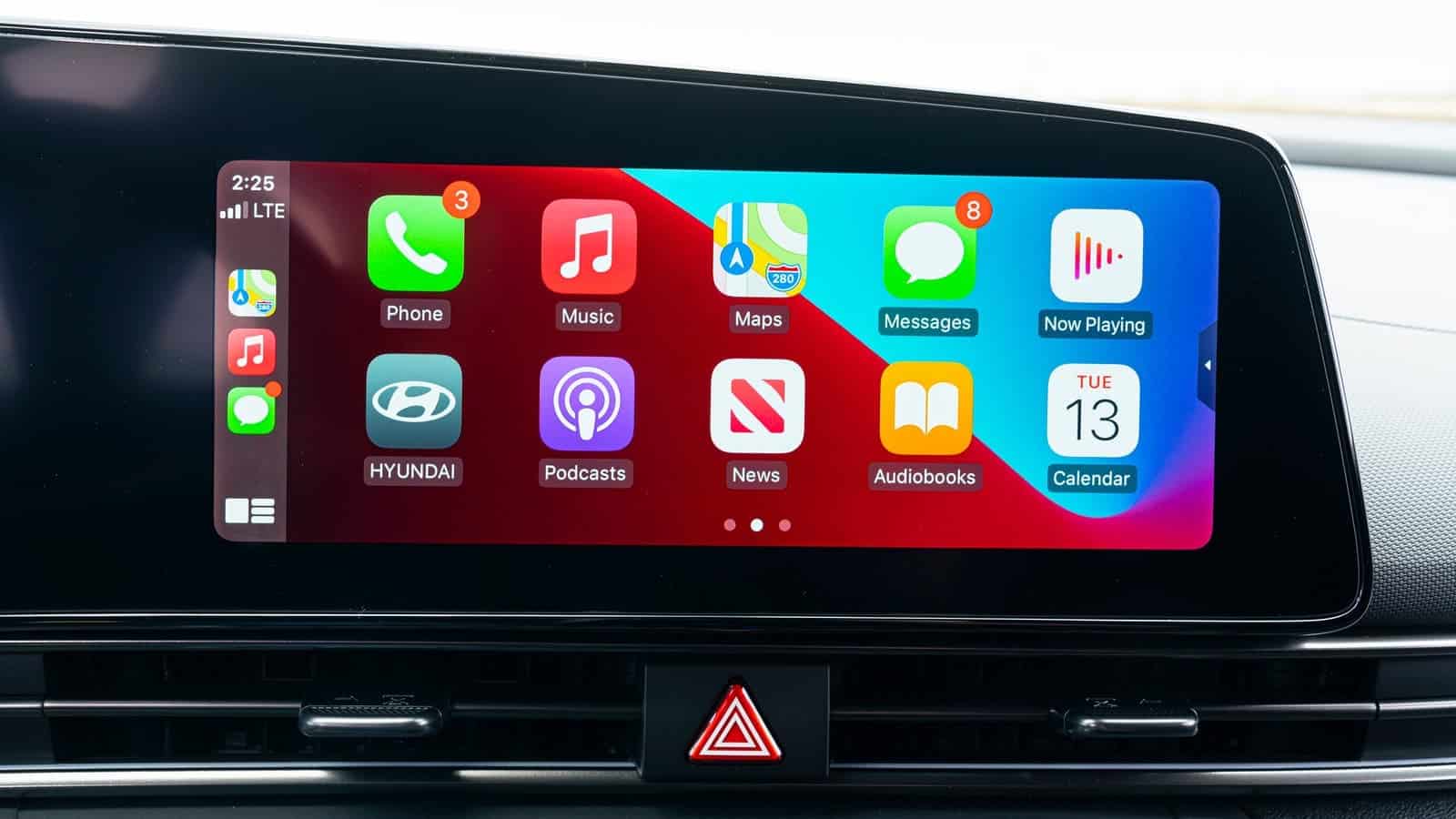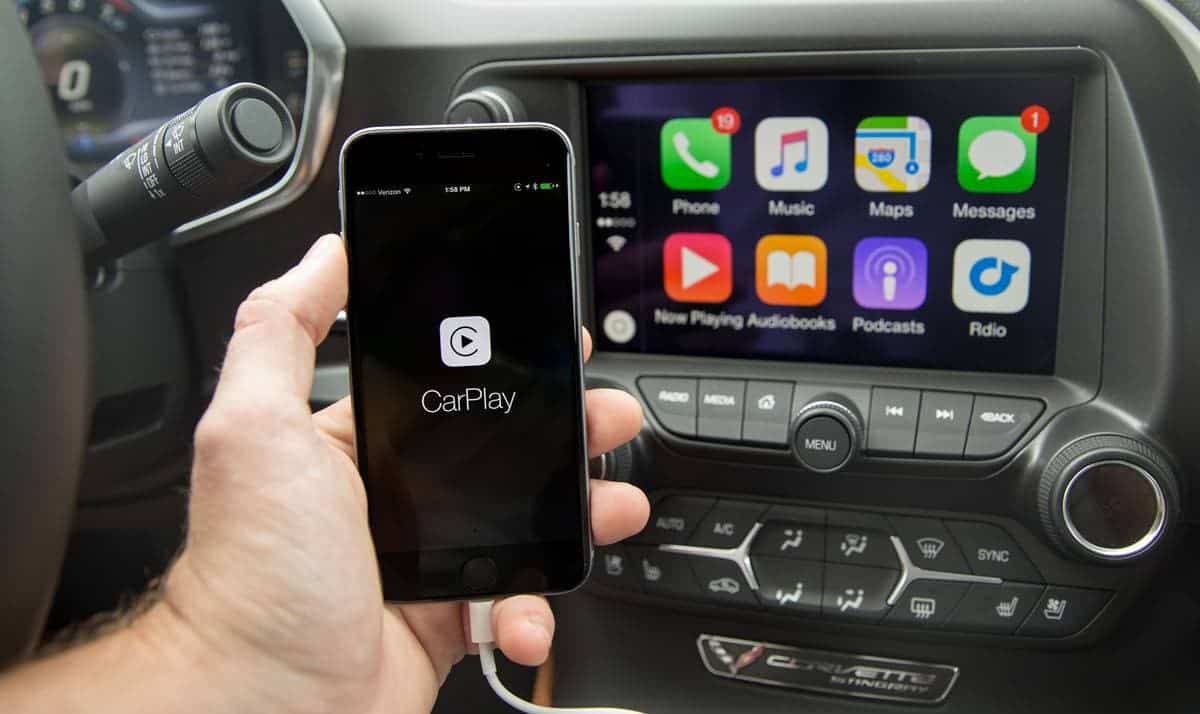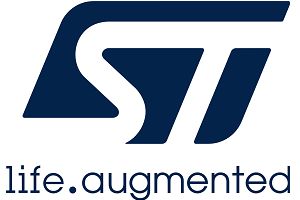The recent antitrust case filed by the US Department of Justice against Apple has put Apple’s CarPlay system in the spotlight, accusing it of engaging in anti-competitive practices similar to those seen in the iPhone ecosystem. The lawsuit alleges that Apple’s CarPlay, a popular car infotainment system, is designed in a way that limits fair competition and consumer choice, echoing concerns raised about the tech giant’s dominance in various industries.
Conflicting views on the anti-competitive nature of Apple CarPlay
The case underscores the Justice Department’s concerns that Apple is extending its monopoly practices to the auto industry through CarPlay. This suggests that Apple’s plans for an enhanced version of CarPlay that would take over all the screens and sensors in the car could potentially limit competition and innovation by making the driving experience heavily dependent on the iPhone. However, automotive software expert Sam Abuelsamid expressed skepticism about these claims.
Abuelsamid points out that automakers have the flexibility to decide how CarPlay is integrated into their vehicles. They can choose to limit CarPlay to specific screens while retaining control of essential functions like air conditioning and navigation through their own systems. Additionally, users have the option to switch between CarPlay and Android Auto, which shows that there is competition in the in-car infotainment market.
General Motors’ recent decision to discontinue CarPlay in its vehicles has raised questions about the reasons behind the move. Although GM has cited driving safety concerns, concrete data to support this claim is lacking, leaving room for further investigation into the reasoning behind such decisions.
Gizchina News of the week

Look forward
The inclusion of Apple CarPlay in the antitrust case against Apple raises questions about the extent of Apple’s control over various industries and the potential impact on competition and consumer choice. As the legal proceedings unfold, it will be critical to delve into the specifics of how CarPlay works, the implications of its integration into vehicles, and the broader implications for competition in the automotive sector. The ongoing debate surrounding Apple CarPlay highlights the complexity of antitrust issues in the tech industry and the need for a nuanced understanding of how digital ecosystems like CarPlay can affect competition and innovation in connected markets.
Conclusion
The antitrust case filed by the US Department of Justice against Apple, specifically targeting Apple’s CarPlay system, has sparked a debate over the tech giant’s alleged anti-competitive practices in the automotive industry. While the lawsuit raises concerns about Apple’s potential dominance through CarPlay, experts like Sam Abuelsamid suggest that automakers retain control over how CarPlay is integrated into their vehicles, allowing it to compete with other systems like Android Auto. General Motors’ decision to end CarPlay adds complexity to the discussion, highlighting the need for further investigation into the motivations behind such actions. As the legal proceedings progress, further investigation of CarPlay’s role in the market and its implications for competition will be essential. This ongoing discourse highlights the complex nature of antitrust issues in technology and the importance of understanding how digital ecosystems like CarPlay affect competition and innovation in related sectors.








